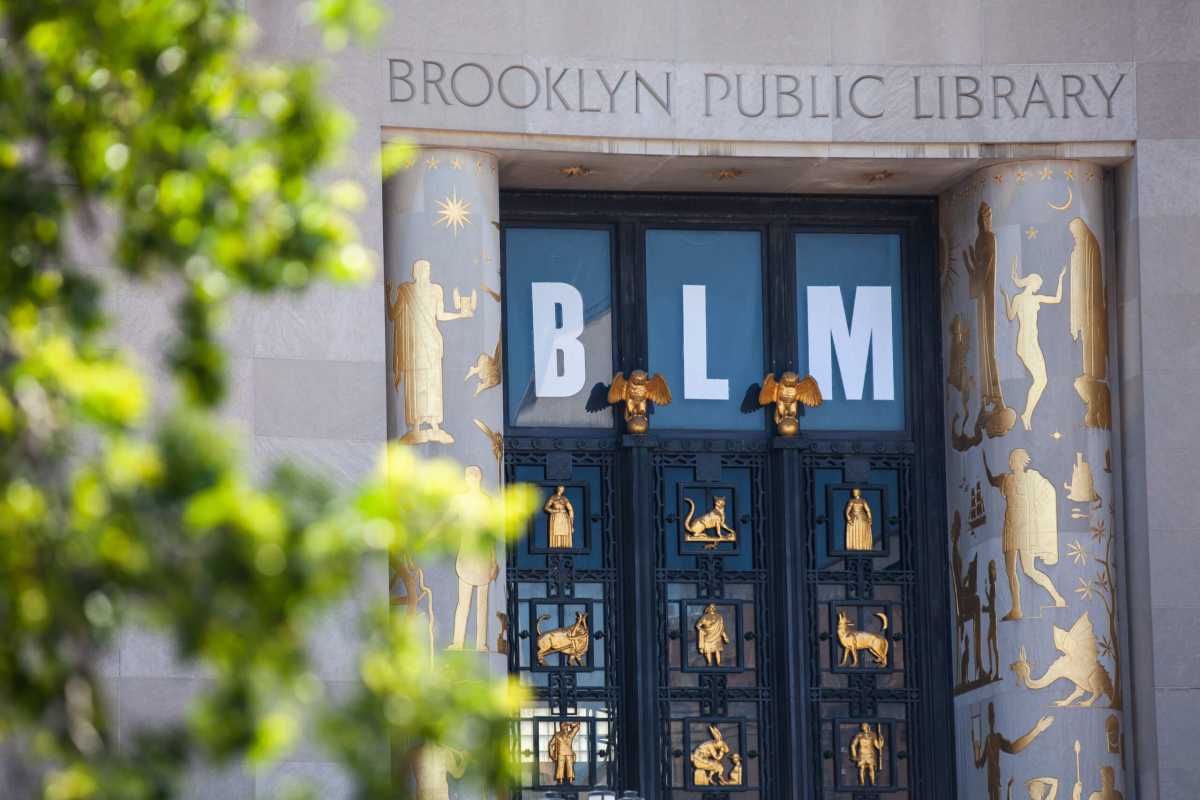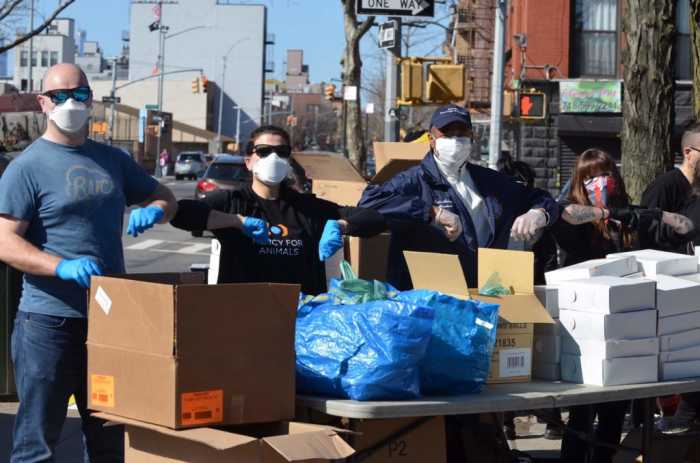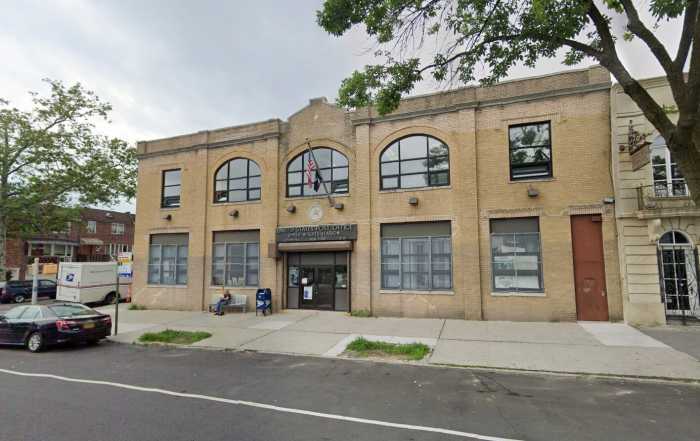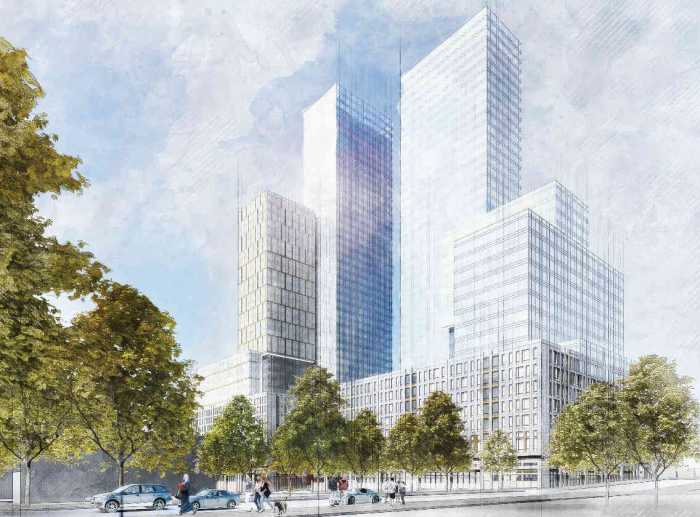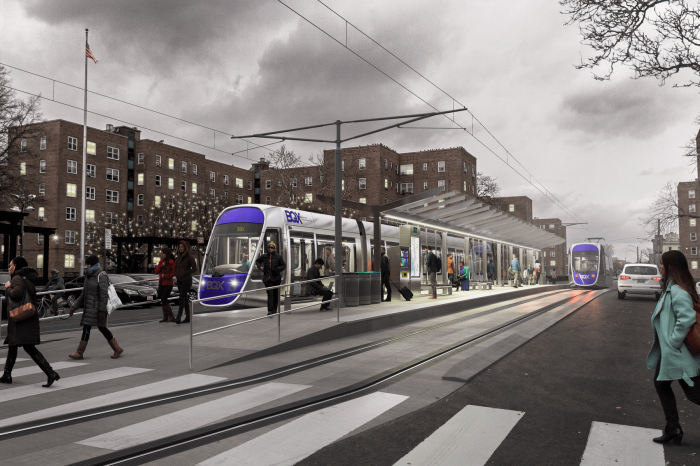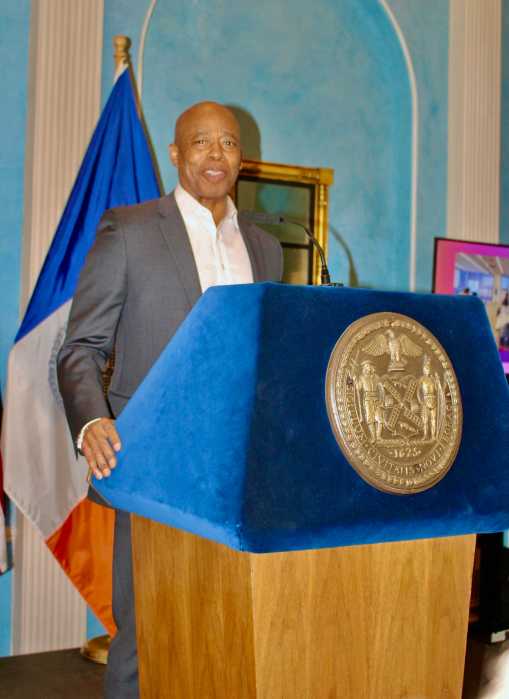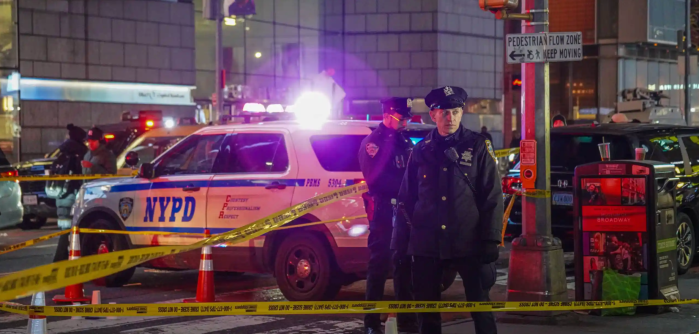The city’s Racial Justice Commission voted Thursday to approve three proposals to amend the city’s charter, with the aim of beginning to scrub the city’s foundational document of structural racism.
The proposals, which will go before voters in the Nov. 2022 general election, include adding a preamble to the charter that establishes racial equity as a guiding principle for city government, creating several new accountability bodies and mechanisms to act as a watchdog on city agencies, and establishing a new and more holistic indicator the city can use to measure the “true” cost-of-living.
The commission also agreed to devise a “racial justice roadmap” identifying specific policies that the city, state, and federal government should change to foster racial equity, but which the commission determined it didn’t have the authority to recommend on its own.
“The proposals for charter revision that we’re putting forward today set a foundation for racial equity that would propel, across the City of New York, the institutions of government forward in advancing power, access, and opportunity for everyone,” said Jennifer Jones Austin, the commission’s chair, in remarks at the panel’s Thursday meeting on the Lower East Side where it approved the ballot measures. “What I want everyone to appreciate is our aim was to set the foundation for going forward. Identifying the harms that have been exacted upon BIPOC persons and communities, and then creating a path forward to address those harms and work to prevent them on a going-forward basis.”
The meatiest of the three proposals establishes accountability measures and bodies for oversight and policymaking related to racial equity in the work of city agencies. If approved by voters, the city would biennially have to issue a “citywide racial equity plan” laying out “strategic priorities, goals, and programs in pursuit of equity and racial justice” which agencies should undertake. The equity plan would be enforced by a permanent Racial Equity Commission that would act as an oversight body on city agencies, while a separate Racial Equity Office would assist city agencies in pursuing its equity-advancing goals.
Mayor Bill de Blasio empaneled the commission back in March. The group has held numerous input sessions across the city where the public was invited to testify on areas of structural racism baked into city law, and in October compiled its findings into a preliminary report identifying major, overarching prongs of inequity facing New Yorkers of color.
New Yorkers testified to the commission about all sorts of policies that they believe, at their root, exacerbate the city’s stark racial inequity, and their proposed solutions, but from the beginning the panel intended to frame its charter recommendations in as broad a way as possible, since identifying every area of racial inequity and putting them all on the ballot would be impractical and take too long.
“We knew at the beginning of the commission’s journey that we would not be able to tackle everything,” Jones Austin said. “And that we needed to center on a finite set of ballot measures.”
The commission identified several specific policies, under the jurisdiction of the city, state, or federal governments, brought up by the public in the input sessions that would advance equity, which it intends to include in its final roadmap.
At the national level, that includes studying the possibility of reparations for slavery and the establishment of a South Africa-style truth and reconciliation committee. On the state and local level, the commissions says consideration should be given to vesting the Civilian Complaint Review Board with final disciplinary authority over the NYPD, refining the Police Department’s mission and possibly creating a “Department of Public Safety” which would oversee it, prioritizing community land trusts in dispensing public land, eliminating unnecessary criminal background checks, and rethinking the structure of community boards “to be effective vehicles for civic participation.”
The commission will meet for the last time this week to approve its final report, which will include the three ballot proposals as well as the roadmap.


